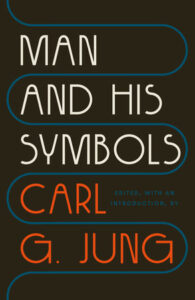Week 1: Morality in Theory and Action: From Ethical Debates to Real-World Decisions
I decided to do my senior project on the concept of morality and its applications. I chose this topic specifically because of a conversation and debate we had in my language class last year, based on the book *Man and His Symbols* by Carl Jung. The book examines why different cultures have varying moral standards. The particular discussion that influenced this project revolved around whether a specific scenario (in this case, cannibalism) would be morally right or wrong if it occurred in private. The idea is that someone acts according to their individual moral code, and no one ever finds out about it. One thing that I found very interesting was that the people in that class, even though they were able to say that the hypothetical person did not do anything morally incorrect, all of them said that in that situation, they themselves would not engage in that behavior even if they had the same morals.
I was personally one of, if not the only, people who said that under those specific circumstances, I would be able to carry out the actions described in the hypothetical scenarios. This opinion was generally off-putting for most of the class. This was fascinating to me because everyone agreed that, on the surface, it was morally understandable, yet it was strange to see that my willingness to act in such a way was received so negatively. The way this perspective was off-putting to many people intrigued me, and I want to explore that further. This is what I hope to accomplish in this project. I plan to interview friends, family, coworkers, etc., about similar moral dilemmas and examine why their feelings and gut reactions profoundly influence their moral beliefs. It’s remarkable how, in a specific hypothetical circumstance, a person might not be considered morally corrupt or incorrect, yet still feel an instinctive aversion to the scenario. I aim to delve deeper into this topic, understanding how these innate feelings connect with individuals’ actions and perceptions of right and wrong, as well as how these views compare to their beliefs about others’ morality.


Comments:
All viewpoints are welcome but profane, threatening, disrespectful, or harassing comments will not be tolerated and are subject to moderation up to, and including, full deletion.